Summaries of books about Biology:
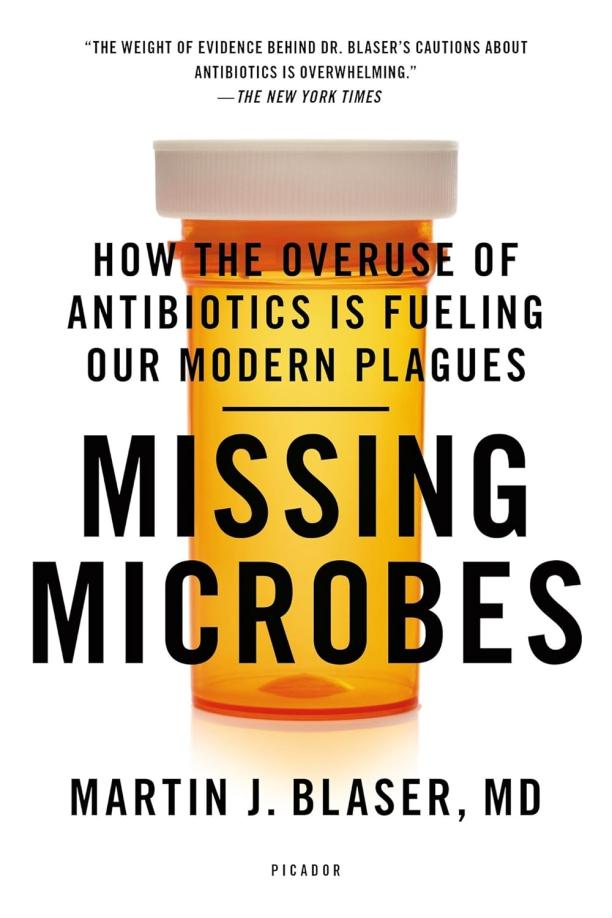
Missing Microbes
How the Overuse of Antibiotics Is Fueling Our Modern Plagues
MD Blaser, Martin J.
The book explores the detrimental impact of antibiotic overuse on human health, particularly how it disrupts the delicate balance of our microbiome. It links this disruption to the rise of chronic diseases, such as obesity, asthma, and allergies, and calls for a reevaluation of our approach to antibiotics and hygiene.
See full summary

The Forest Unseen
A Year's Watch in Nature
David George Haskell
The book is a collection of detailed observations and reflections on a single square meter of forest in Tennessee over the course of one year. Through these observations, the author explores the complex ecological processes and the interconnectedness of life within this small patch of nature.
See full summary
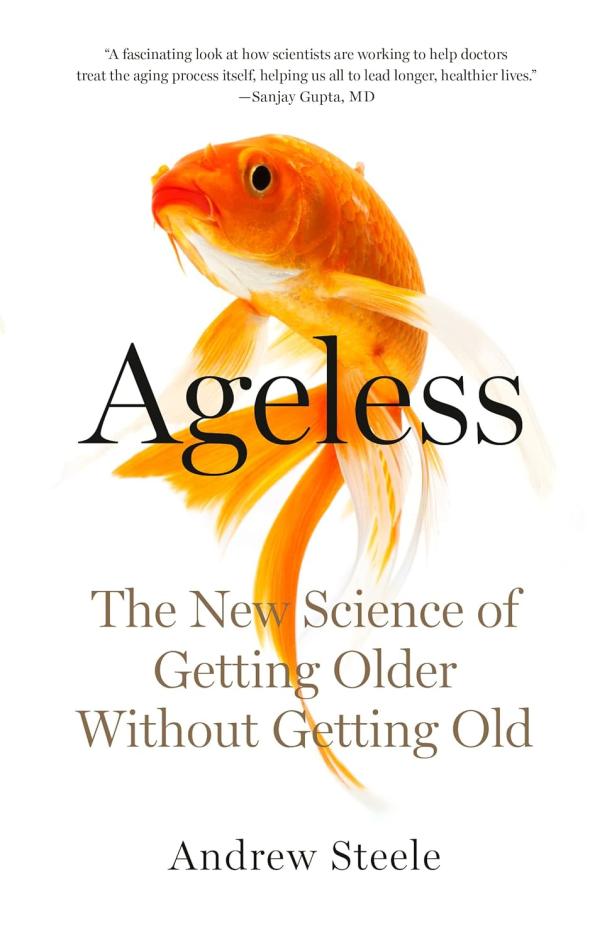
Ageless
The New Science of Getting Older Without Getting Old
Andrew Steele
The book delves into the latest research in biogerontology, exploring the scientific advancements that could potentially slow down or reverse the aging process. It discusses the underlying mechanisms of aging, such as cellular senescence and DNA damage, and examines potential interventions, from drugs to lifestyle changes, that aim to extend human healthspan and lifespan.
See full summary
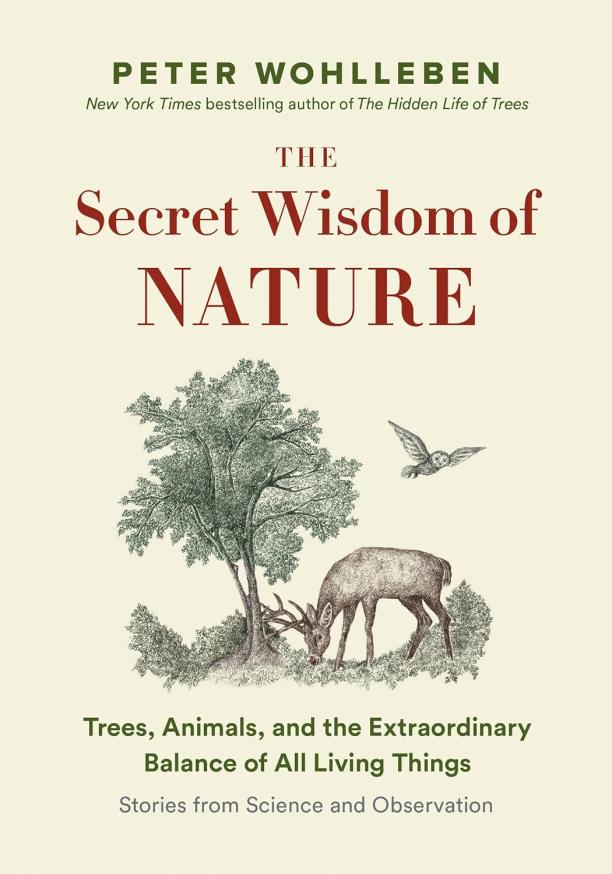
The Secret Wisdom of Nature
Trees, Animals, and the Extraordinary Balance of All Living Things -— Stories from Science and Observation
Peter Wohlleben
The book delves into the complex interrelationships and interdependencies among plants, animals, and their environments, revealing the intricate ecosystems that sustain life on Earth. Through a combination of scientific insights and observational anecdotes, it highlights the often-unseen communication and cooperation in nature that contribute to the balance and resilience of the natural world.
See full summary
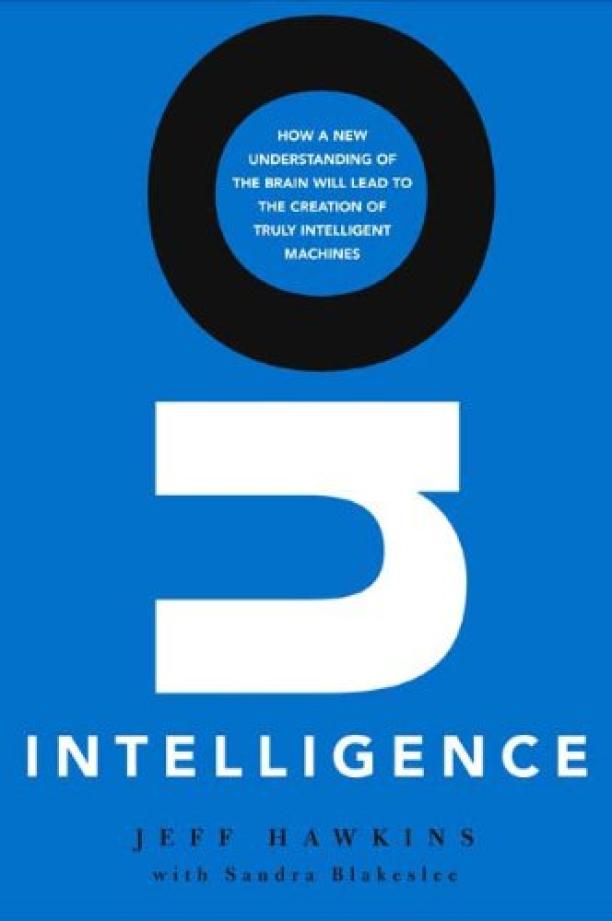
On Intelligence
How a New Understanding of the Brain Will Lead to the Creation of Truly Intelligent Machines
Jeff Hawkins|Sandra Blakeslee
The book presents a theory of how the brain works, focusing on the role of the neocortex in enabling intelligence and predicting patterns. It also discusses the implications of this understanding for the development of artificial intelligence, proposing a framework for building machines that can truly learn and think like humans.
See full summary
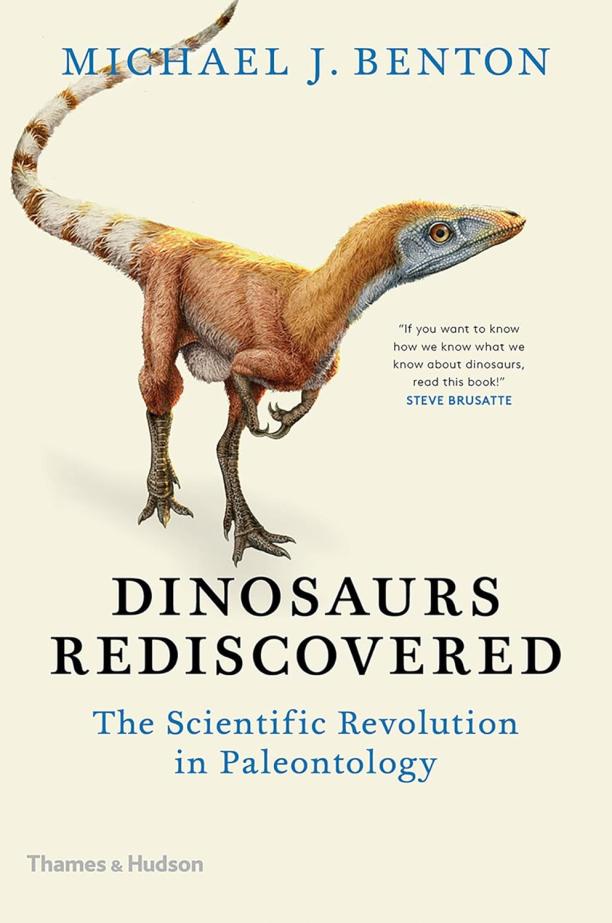
Dinosaurs Rediscovered
The Scientific Revolution in Paleontology
M. J. Benton
The book delves into the transformative advancements in paleontology over the past few decades, highlighting how new technologies and discoveries have revolutionized our understanding of dinosaur biology, behavior, and evolution. It explores topics such as the color of dinosaur feathers, the connection between dinosaurs and birds, and how these ancient creatures lived and interacted with their environment.
See full summary
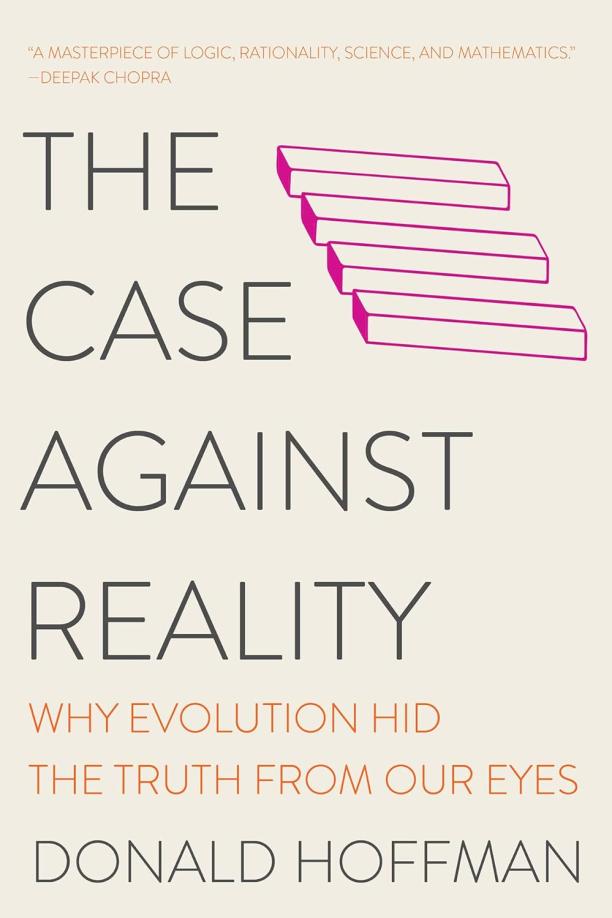
The Case Against Reality
Why Evolution Hid the Truth from Our Eyes
Donald D. Hoffman
The book argues that human perceptions do not depict objective reality but rather a user-friendly interface evolved to enhance survival, not to reveal truth. It delves into cognitive science, evolutionary theory, and quantum physics to challenge the assumption that what we see, hear, and touch is an accurate representation of the world around us.
See full summary
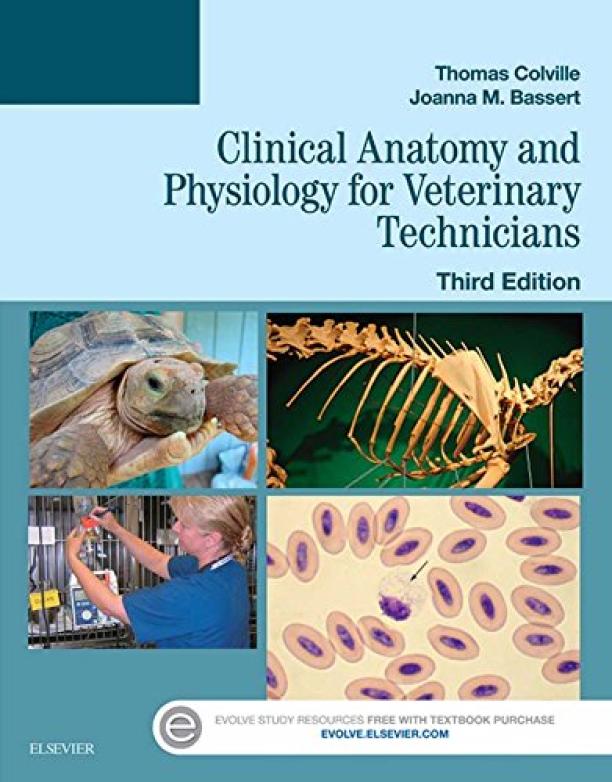
Clinical Anatomy and Physiology for Veterinary Technicians
Thomas P. Colville|Joanna M. Bassert
The book serves as a comprehensive guide to the anatomical and physiological principles relevant to the practice of veterinary technology, covering the structure and function of different animal species. It includes detailed illustrations, clinical applications, and case studies to help veterinary technicians understand the clinical relevance of anatomical and physiological concepts in their work.
See full summary
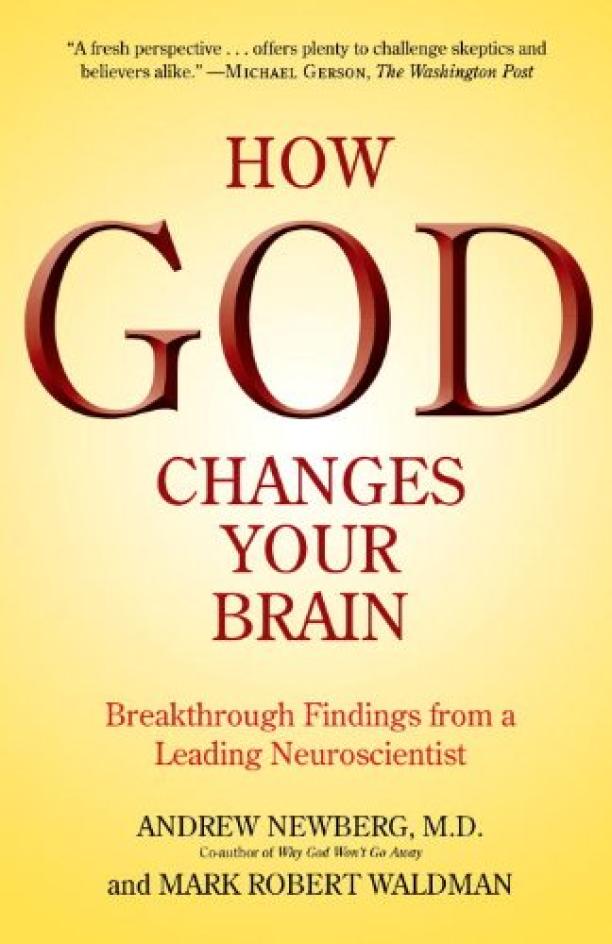
How God Changes Your Brain
Breakthrough Findings from a Leading Neuroscientist
Andrew Newberg|Mark Robert Waldman
The book explores the relationship between spirituality and neurology, presenting evidence that prayer and meditation can physically reshape the brain and improve cognitive function. It discusses how these practices can lead to stress reduction, enhanced memory, and greater emotional well-being, while also examining the potential negative effects of rigid religious beliefs on the brain.
See full summary
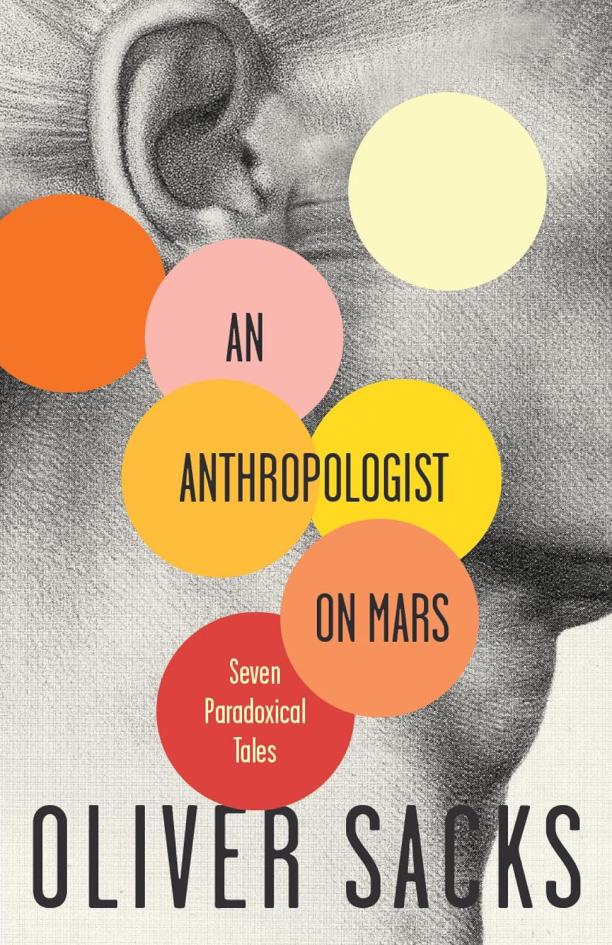
An Anthropologist on Mars
Seven Paradoxical Tales
Oliver Sacks
The book presents a collection of seven medical case studies involving individuals with unique neurological conditions, exploring the complexities of the human brain and the resilience of the human spirit. Through these stories, the author examines how these patients adapt to their cognitive differences and what their experiences reveal about perception, memory, and identity.
See full summary